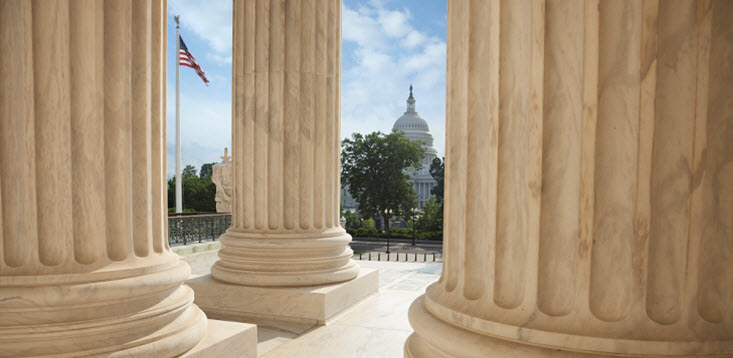Occupational licensing reform a growing concern for the CPA profession
April 26, 2018

The American Institute of CPAs’ State Regulation and Legislation team is closely watching legislative activity in several states that has a goal of easing licensing requirements for some occupations but could adversely affect CPA profession mobility.
Six western states have considered forming an interstate compact to create an 18-month temporary license for applicants awaiting occupational and professional licenses – including CPA licenses. The governor of South Dakota, one of the states in question, cited workforce development as one of the reasons for supporting the concept.
South Dakota, Arizona and Colorado introduced legislation. South Dakota’s bill died before the state legislature adjourned; Arizona’s bill is most likely to become a study bill if it passes; and Colorado’s bill hasn’t moved since introduction. Other states in the proposed compact are either not in legislative session or did not introduce legislation. Since January, Missouri and New Hampshire also introduced legislation creating a temporary license for occupations and professions.
While sympathetic to the proposals’ stated goals, AICPA, state CPA societies, state boards of accountancy and the National Association of State Boards of Accountancy (NASBA) are highlighting the CPA profession’s mobility and reciprocity laws to ensure that these proposals do not interfere with CPAs’ current ability to work across state lines.
AICPA Vice President for State Regulatory and Legislative Affairs, Skip Braziel said, “The message to policymakers is that any change in a state’s licensure laws should acknowledge the profession’s hard work by either including language that doesn’t conflict with mobility laws or exempts CPAs altogether.”
Unfortunately, increasing workforce development and mobility may not be the only goals of the legislation. These temporary licensing bills are part of a larger legislative trend towards occupational deregulation. The AICPA is currently tracking 50 bills that either alter, restrict, remove or decrease state regulatory board licensing authority.
So far, there have been no direct challenges to whether CPAs should be regulated; however, there is concern that these bills in the aggregate opens the possibility of challenging professional licensing more broadly. “Such a proposition would threaten the decades long work of creating a seamless, yet responsible mobile regulatory framework for CPAs that both encourages movement and protects the public,” commented Braziel.
To counteract this threat, AICPA is working with state CPA societies, state boards of accountancy, NASBA and other national and state stakeholders representing both boards and professions to educate policymakers on how smart, uniform and predictable licensure regulation promotes mobility and, by extension, economic activity. The AICPA encourages you to reach out and work with your state CPA society on this important effort.
